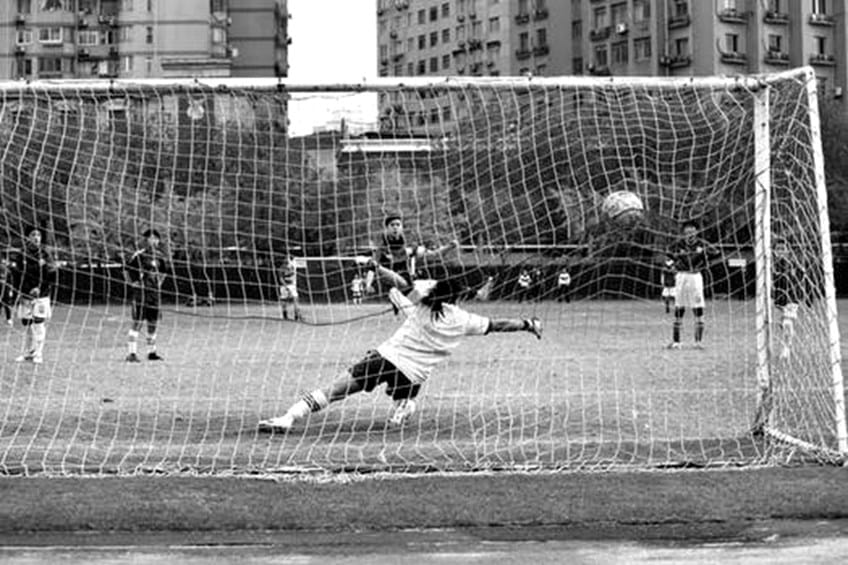Warning To All Sports/Social Clubs
12th July 2010
Warning to all Sports & Social Clubs
The recent plight of the members of the former Pinchbeck Social Club has highlighted the risks that are faced by members of many of our local Sports and Social Clubs.
Many non-profit making organisations like Sports and Social Clubs are ruled by a committee of elected members who manage the Club in accordance with a written constitution. These are known as ‘unincorporated associations’. Although they are relatively easy to set up and operate, the main weakness of such associations is that each club member may be personally liable for all of the club’s debts and liabilities.
Members often believe that their liability is limited to the amount of their subscription. Although this is the starting point, if a club incurs debts and liabilities in accordance with its constitutional rules, then each member can be personally liable for the total sum of those debts and liabilities. In such circumstances the creditor can sue one, some or all of the members, and it has not been unknown for the creditor to have members individually means tested by a Court in order to establish which members are the ‘best target’ for their claim.
In the event of a Winding Up/closure of a club, then all the members are potentially liable for all of the club’s outstanding debts and liabilities.
It may be that only on rare occasions that this issue arises, but Sports and Social Clubs should give thought to reducing or limiting their members’ liabilities by say becoming an ‘incorporated association’, e.g. a company limited by shares or a company limited by guarantee.
In my experience it can often be appropriate for Sports and Social Clubs to become a company limited by guarantee, especially when the club is a non-profit making organisation. Usually in such circumstances each member guarantees that in the event of a Winding Up (e.g. liquidation) to contribute a fixed agreed sum, e.g. £1. Hence the liability of each member is limited to £1 only. The main downside to a club becoming a company limited by guarantee is that the administration can be more onerous with legal penalties for failing to comply (e.g. the filing of accounts and annual returns with Companies House). Furthermore whether the company is limited by guarantee or shares, it is usually managed by appointed directors rather than the members themselves.
A club can be a company limited by shares, but this more usually applies to an organisation that is looking to make a profit.
Clubs can also register as ‘Industrial and Provident Societies’. Many working mens’ clubs do this, as they can show that they are intended to be conducted for the good of the community and are non-profit making. Here the liabilities incurred by the club remain liabilities of the club and not of the individual members. This form of organisation will usually be more suitable for larger membership clubs.
Each club is different, and it may not always be right for the club to become an ‘incorporated association’ since there can be additional administration and costs, plus taxation implications. However I would advise that every club that is currently ‘unincorporated’ should seek advice on the best solution for itself.
If anyone does want assistance or advice on this subject then please contact Daven Nagen of Maples Solicitors LLP on 01775 722261 or email daven.naghen@maplessolicitors.com



